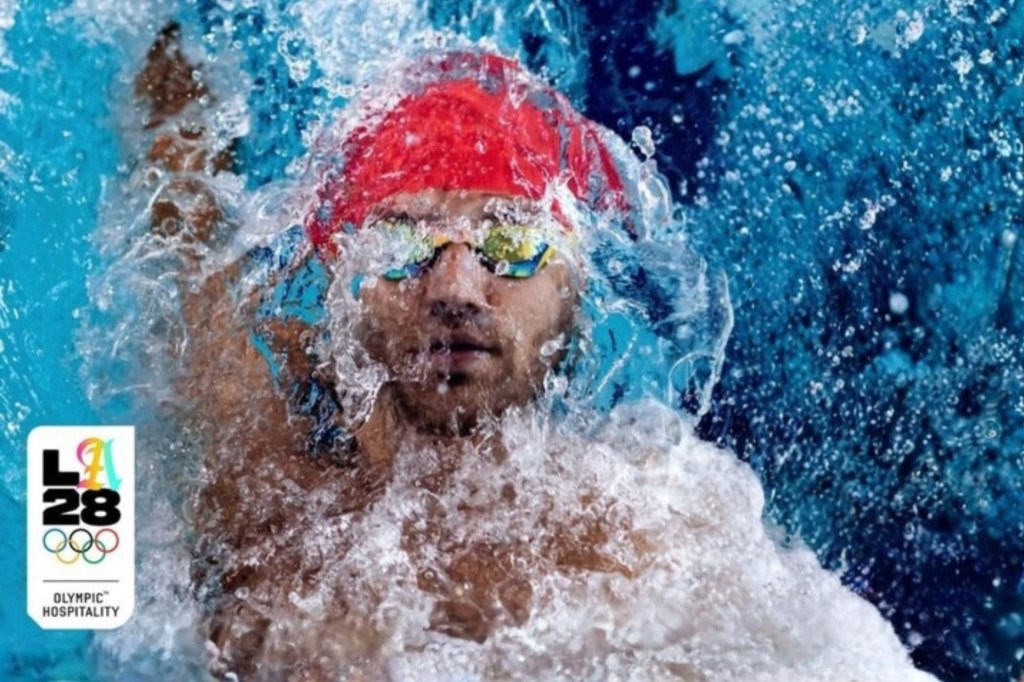As the main U.S. pipeline for Olympic athletes, the NCAA and its major conferences always use their social media platforms during the Summer Games to tout which athletes—especially the medal-winners—have graced the Games. But because of a seismic wave of conference realignment, and the existence of nontraditional sports leagues, who gets to claim these Paris Olympians and their accomplishments?
For decades, the Pac-12 was a powerhouse conference, churning out high-profile Olympians every four years. USC and Stanford, which have the most and second-most Olympians in all of college sports, were part of the Pac-12—until this week, when the league officially broke apart.
As a result, the Pac-12 wasn’t mentioned in a July 26 NCAA press release detailing which leagues boasted the most Olympians. The NCAA is, instead, counting the Olympic participants—and their medals—from these former Pac-12 members toward their new conferences. (Athletes affiliated with Oregon State and Washington State, the conferences’ lone two members, are still being counted by the NCAA for the Pac-12; OSU gymnast Jade Carey, who earned a gold medal in the women’s gymnastics team all-around final for Team USA, was referenced on the NCAA’s list Thursday morning.)
Conferences are also promoting athletes from incoming schools; the Pac-12 in its diminished form, for its part, is not making social media graphics for athletes at schools that are leaving the conference.
France’s star swimmer Léon Marchand, who trains at former Pac-12 member Arizona State, has technically never competed in Big 12 conference competition. But because the school is joining the Big 12, the conference has wasted no time making multiple social graphics promoting his three gold medals and Olympic swimming records. The graphics on X include Marchand’s affiliations with Arizona State and France—and sport the Big 12 logo. Similarly, the ACC has promoted Katie Ledecky’s gold medal and Olympic record in the 1,500-meter freestyle given that she used to swim at Stanford, one of the three programs joining the ACC this season.
Technically, the posts aren’t inaccurate. The Pac-12 has deleted its outgoing members from all public profiles, and ASU and Stanford have started to join their new conferences, even participating in media days (though from a contractual standpoint, the Pac-12 didn’t officially dissolve until Thursday). The Pac-12 even told The Mercury News that it’s “more appropriate” for outgoing schools’ new conferences to promote their athletes’ Olympic achievements.
But the graphics have struck a nerve with fans and media members on social media, who have pointed out in dozens of comments that the very conferences that pulled the Pac-12 apart are now appearing to “claim” their own Olympic successes. The ACC’s tweet about Ledecky even received a community note, saying “Ledecky graduated from Stanford in 2021…when Stanford was still in the Pac-12.”
The schools, however, are happy to receive promotion and recognition no matter where it comes from. “ASU embraces and is thrilled our new conference home is congratulating our Olympians, especially in an era where we can never have enough awareness how important college athletics is to the future of the Olympics,” Arizona State athletic department spokesperson Doug Tammaro tells Front Office Sports. “We hope media recognizes all NCAA athletes any way they can. When someone says or writes Léon Marchand’s name, putting Arizona State in parentheses helps the cause for any and all collegiate athletes present, past, and future.”
Conferences typically begin promoting the accomplishments of athletes at their incoming schools as soon as schools enter the league. “The Big 12 Conference proudly celebrates the accomplishments of its member institutions and their student-athletes and alumni, and will continue to congratulate them on their successes,” a conference source tells FOS.
In other cases, however, participant and medal counts are inaccurate. The NCAA’s Olympic stats do not mention the Mountain Pacific Sports Federation, a nontraditional conference based around sports, rather than schools, that provides a home for teams whose schools’ primary conference don’t sponsor their sports. The four Pac-12 schools that are joining the Big Ten, for example, will all send their beach volleyball teams to a new league created by the MPSF, given the Big Ten doesn’t sponsor the sport.
One example: Brody Malone and Asher Hong, who won bronze medals for Team USA in the men’s gymnastics team all-around final, were counted as ACC athletes in the NCAA’s Olympic medal count. But the ACC doesn’t sponsor men’s gymnastics, and neither did the Pac-12—Stanford men’s gymnastics competes in the MPSF.
The MPSF has sent 121 affiliated athletes and 15 affiliated coaches to the Paris Games, according to data the league provided to FOS. The league boasts at least two medals from the Stanford gymnasts as of Wednesday, and MPSF commissioner Foti Mellis tells FOS he “anticipates” more medals from athletes in artistic swimming, track and field, water polo, and volleyball. The league also hopes to provide a long-term solution to the NCAA’s Olympic pipeline, which has been threatened by conference realignment (and by administrators who claim they won’t be able to afford Olympic sports teams if they have to divert existing funding to paying players).
But the NCAA’s social channels are not acknowledging the MPSF at all, despite the opportunity to promote the league during the height of fan interest in Olympic sports.
An NCAA spokesperson tells FOS that for the NCAA’s dashboard, “medals are being counted for schools’ current primary conferences.” The spokesperson added that the NCAA staff is counting all of the Olympics stats manually—a “colossal undertaking.”
Mellis says he sent his league’s tallies to the NCAA but has yet to receive a response. “We are still hopeful that they will include the MPSF on their Olympic dashboard,” he says.
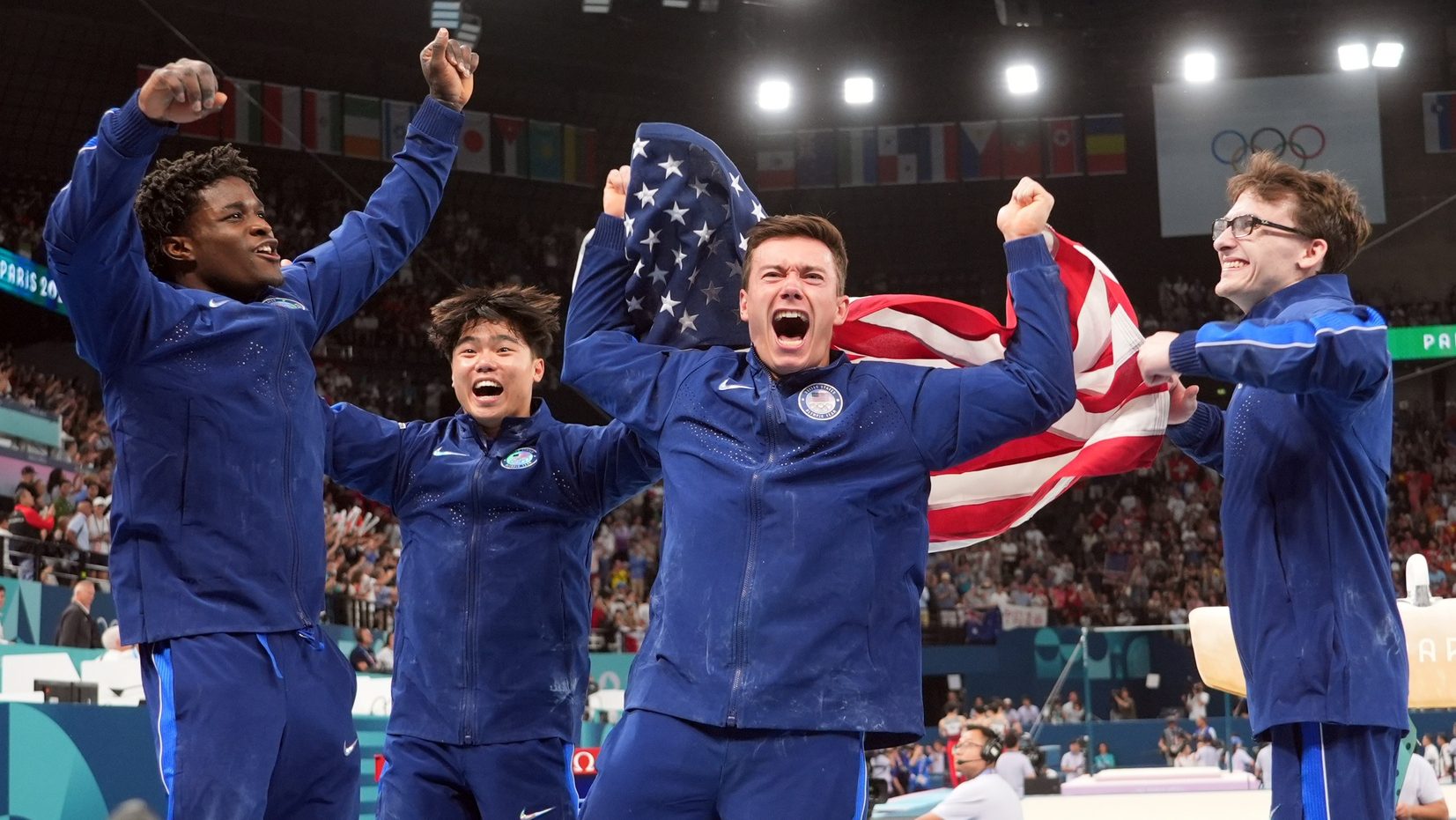
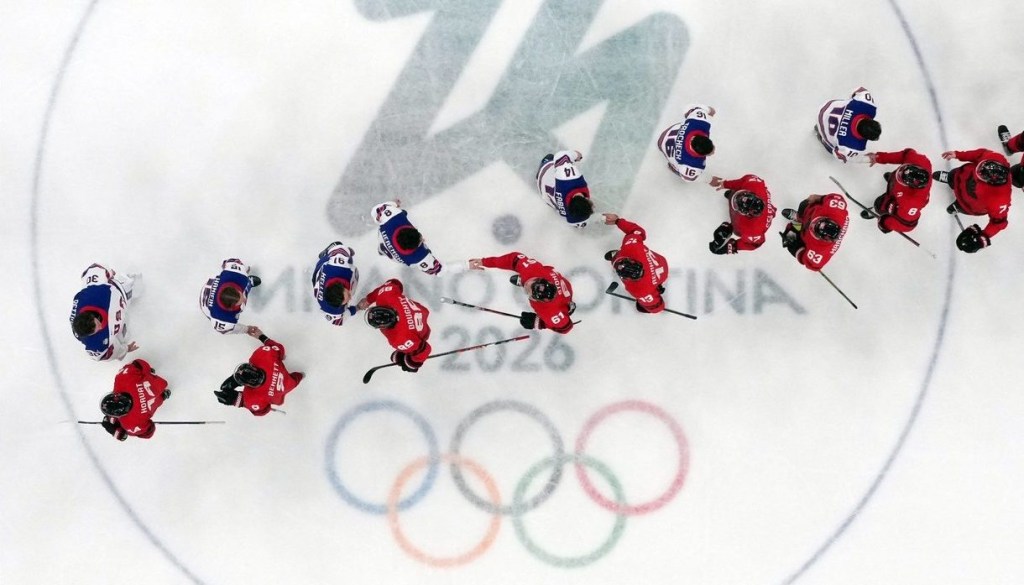
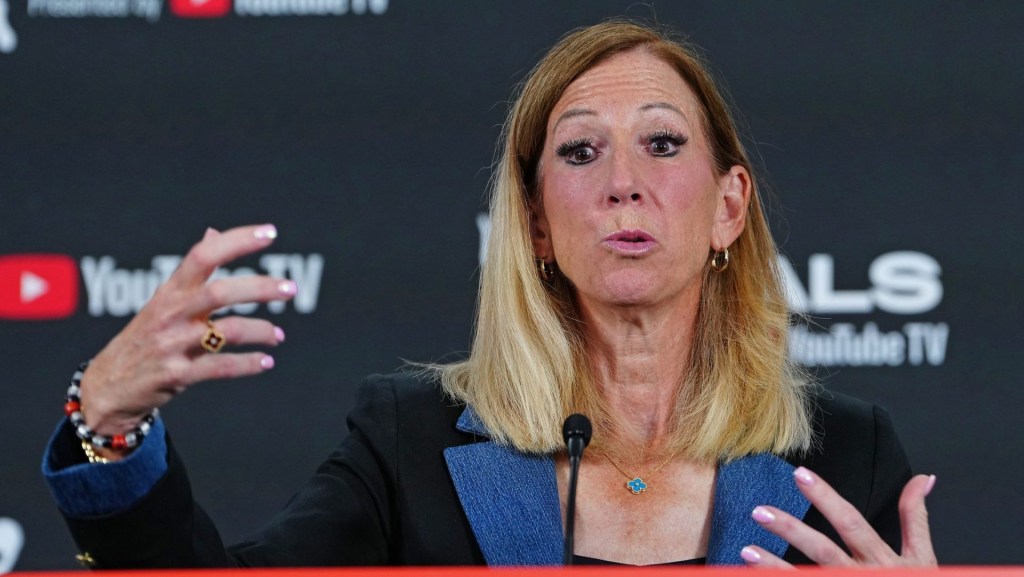
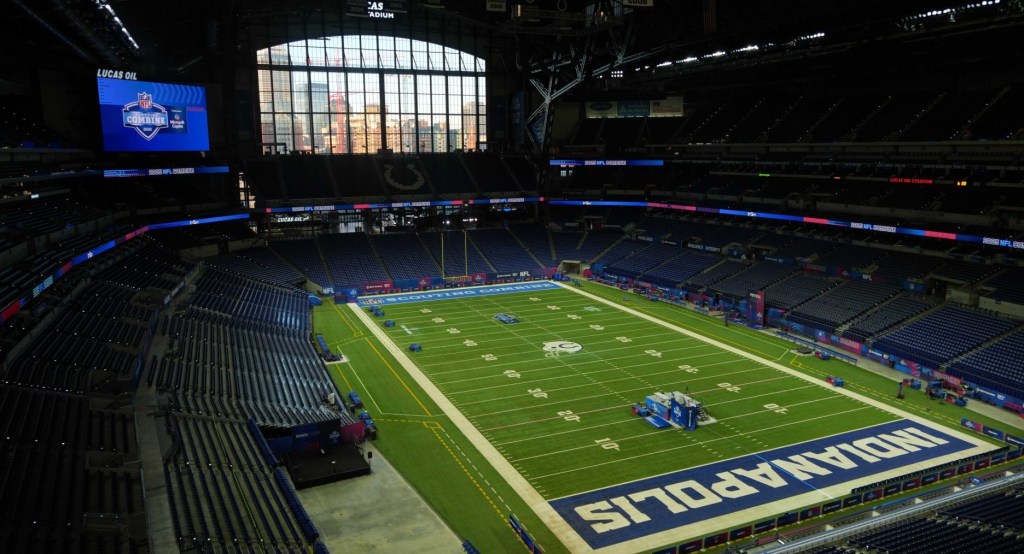
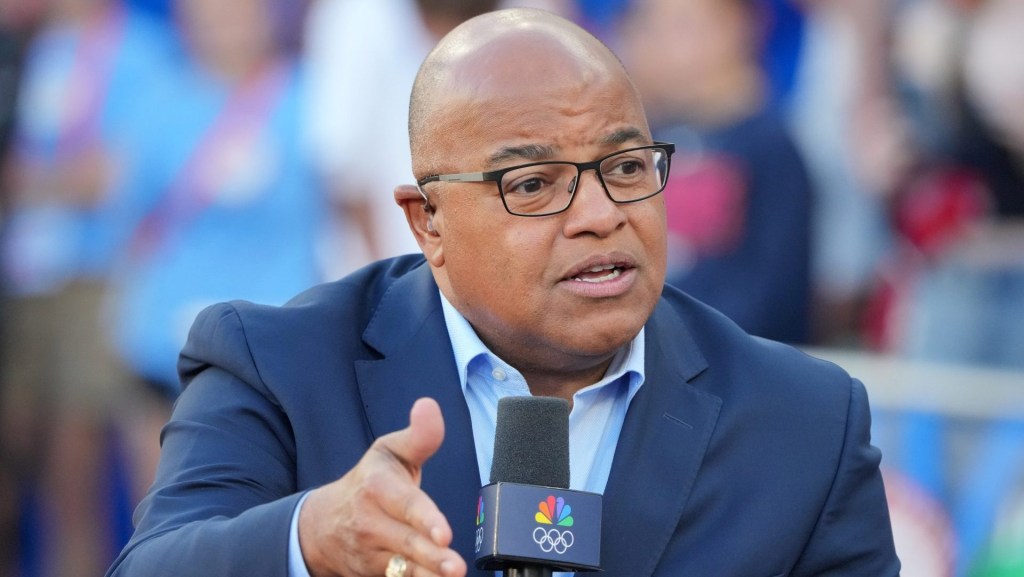
![[Subscription Customers Only] Jul 13, 2025; East Rutherford, New Jersey, USA; Chelsea FC midfielder Cole Palmer (10) celebrates winning the final of the 2025 FIFA Club World Cup at MetLife Stadium](https://frontofficesports.com/wp-content/uploads/2026/02/USATSI_26636703-scaled-e1770932227605.jpg?quality=100&w=1024)






